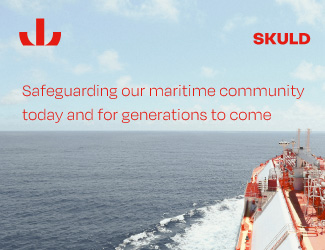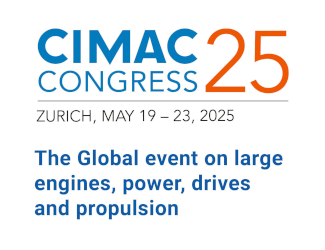Lloyd’s Register (LR) and University Maritime Advisory Services (UMAS) have released »Zero-Emission Vessels Transition Pathways«, a study that aims[ds_preview] to show what is needed to enable the transition, both at the ship and supply infrastructure level, to deliver zero-emission vessels (ZEVs). The study indicates that 2020 – 2030 is the most significant decade, stressing the urgency for early action. There is still uncertainty when choosing one fuel, one technology and one route and therefore this decade will need to see full-scale pilots and prototypes, the development of policy, standards and rules, and will be characterised by first adopters driven by consumer pressure. In the 2030s the evolution of shipping’s fuel mix is closely linked to the evolution of the wider energy system, so a clear signal needs to be given to the potential fuel producers. We may experience a growing share of biofuels in the 2020s with on-going efforts to develop fuels produced from Renewable electricity, referred to as electro-fuels, resulting in a major shift to electro-fuels in the 2040s and 2050s. LR and UMAS expect that by 2050, and beyond consolidation of the market, to see an end fuel mix dominated by one family of fuels.
© Copyright 2025 - HANSA International Maritime Journal















